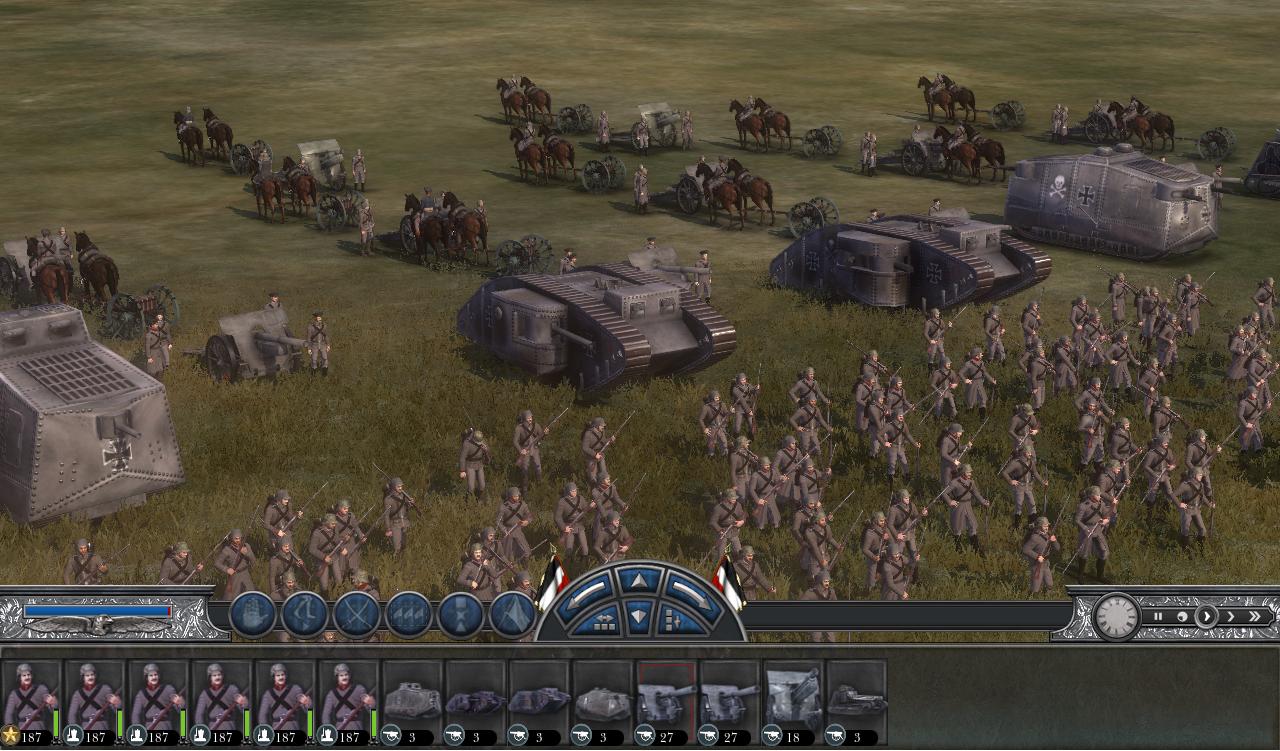

The munitions factories were understandably a priority industry and needed a high number of workers. In addition, to fulfill a crucial need for weaponry, the female work force rose by 20 percent in the munitions, metallurgical, and chemical factories. Even Canadian soldiers on leave were expected to help on French farms, as attested to by many period photographs, regimental histories, and by the writings of a French officer assigned to liaison with the British Empire troops. French villages were drained of their active male population, and men too old or too young to enlist were sent to do field work. Thus, in France, at the very beginning of the war, with two thirds of the men in the agricultural sector having left for the front, Prime Minister René Viviani urged the women of farming families to finish harvesting and prepare the fields. The role of women was all the more essential in the rural areas, as agricultural produce was needed to feed the soldiers at the front and their families at home, and the situation was made critical by the fact that the war began before the end of harvest time. Starting in August 1914, in the countries that had entered the war, women were called on to replace a very high number of farm workers in the countryside (in France, for example, farmers represented 41 percent of the active population) who had been mobilized for combat by conscription or by voluntary enlistment, depending on the country. In Canada, one of the forms of this total war was the internment in isolated camps of whole families of immigrant origin, including many citizens of the territories of the Austro-Hungarian Empire. This involvement, of a multifaceted, transformative nature, has been an historical research subject in its own right for several decades now. The extent of the involvement of civilians, who represented up to 80 percent of the respective populations, was unprecedented in world history.

We can even speak of two mobilizations that indubitably made the First World War a unique mass phenomenon.

From our contemporary viewpoint, the designation of the First World War as the “Great War” is justified not so much by the duration of the conflict-after all, the expression dates from as early as 1915-but by the universal mobilization it entailed, engaging not only all the able-bodied men in the belligerent countries but also the civilian populations, who were just as indispensable in supporting the war effort.


 0 kommentar(er)
0 kommentar(er)
